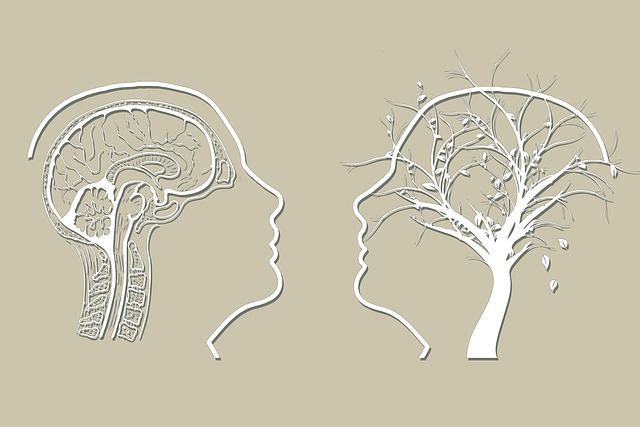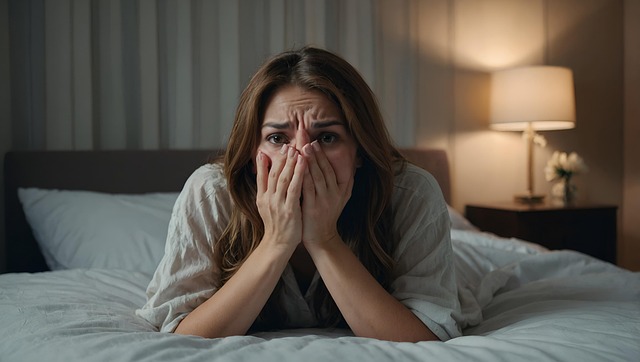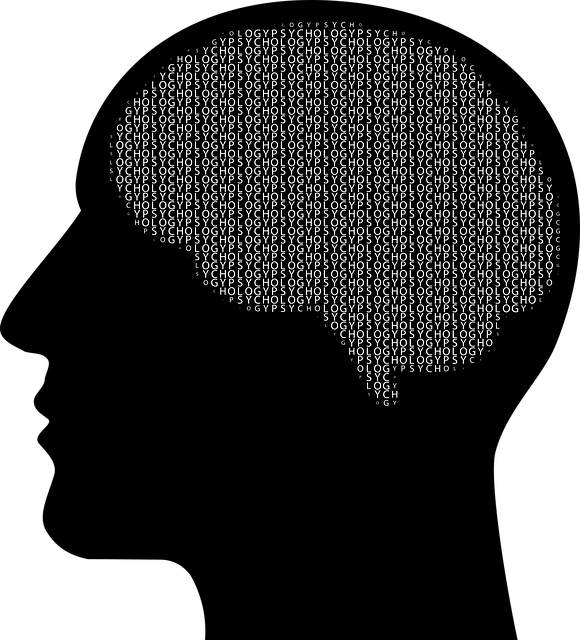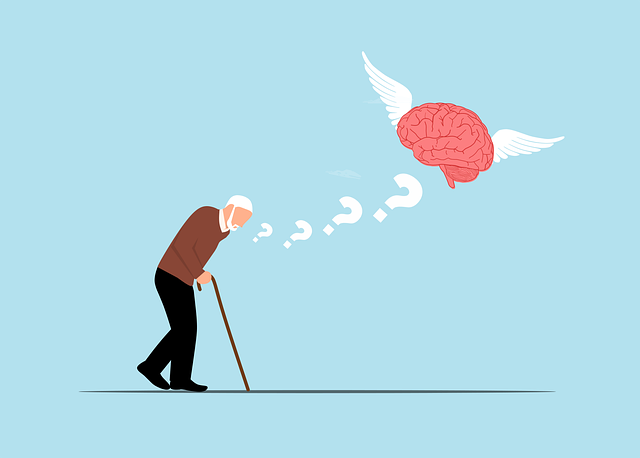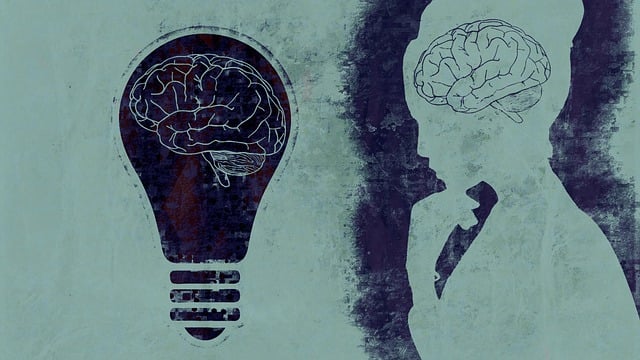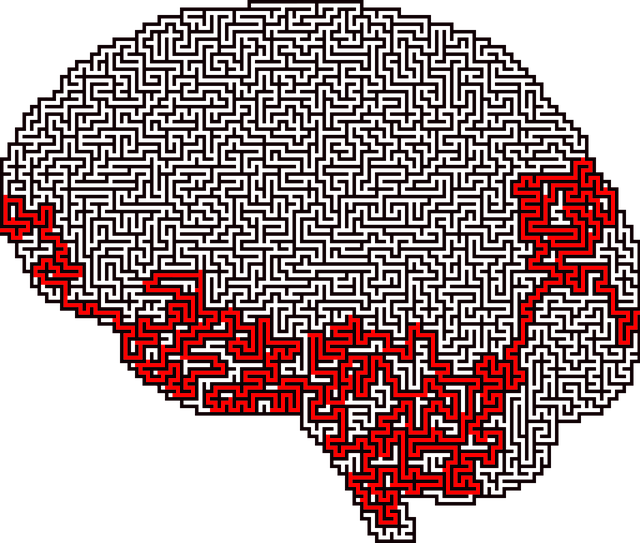Mental health challenges among young adults, especially anxiety and stress-related disorders, are increasing while traditional services often fail to meet their unique needs. Biofeedback therapy offers a promising solution by teaching emotional regulation through control of bodily functions, aligning with self-care policies. Integrating biofeedback into mental health education empowers young adults with tools to manage stress, enhance emotional well-being, and reduce the burden on traditional therapy services. Key components include mindfulness meditation, practical activities, self-reflection exercises, and tailored therapy like CBT and biofeedback, supported by community networks and trauma support services.
Mental health challenges among young adults are a growing concern, highlighting the need for comprehensive education programs. This article explores an innovative approach to empowering this demographic through structured learning. We delve into designing an effective mental health program, integrating biofeedback techniques for stress management and self-care practices. By understanding the unique struggles of young adults, we can create a supportive environment using biofeedback as a therapy tool, fostering resilience and overall well-being.
- Understanding Mental Health Challenges Among Young Adults
- Integrating Biofeedback Techniques for Stress Management
- Program Structure and Activity Types for Effective Learning
- Promoting Self-Care Practices and Community Support
Understanding Mental Health Challenges Among Young Adults

Mental health challenges are prevalent among young adults, a demographic often overlooked in traditional mental health services. This age group faces unique pressures from academic demands, career aspirations, and social expectations. Issues like anxiety, depression, and stress-related disorders are not uncommon, with recent studies indicating an alarming rise in these conditions. Understanding the nuances of young adults’ mental health is crucial for designing effective interventions.
One such intervention gaining traction is biofeedback therapy, which teaches individuals to gain control over their bodily functions, thereby improving emotional regulation. This approach aligns well with the broader mental health policy framework that promotes self-care and Mind Over Matter principles. By empowering young adults with tools like biofeedback, we can foster resilience and potentially reduce the burden on traditional therapy services.
Integrating Biofeedback Techniques for Stress Management

Integrating biofeedback techniques into mental health education programs for young adults offers a powerful tool for managing stress and promoting emotional well-being. Biofeedback is a form of therapy that teaches individuals to gain control over involuntary bodily functions, such as heart rate and muscle tension, by providing real-time feedback from sensors attached to the body. This self-awareness exercises can be life-changing for young adults navigating stressful transitions, academic pressures, or social challenges.
By incorporating biofeedback into mental health education, programs can equip participants with effective depression prevention strategies and enhance their ability to regulate emotions. The process involves learning to recognize physical cues of stress and responding appropriately using relaxation techniques. This not only fosters emotional regulation but also empowers young adults to take an active role in maintaining their mental health.
Program Structure and Activity Types for Effective Learning

An effective mental health education program should be structured with a balance of theoretical knowledge and practical activities. The curriculum can start by introducing foundational concepts in mental well-being, covering topics like stress management, mindfulness, and resilience. This sets the stage for more specialized content, such as exploring different therapeutic approaches like cognitive-behavioral therapy (CBT) and biofeedback, which are particularly beneficial for young adults dealing with anxiety and stress-related issues.
Engaging activities play a crucial role in enhancing learning outcomes. Incorporating Social Skills Training sessions can help participants build healthier communication patterns and improve their interpersonal relationships. Additionally, hands-on workshops focused on Burnout Prevention Strategies for Healthcare Providers can equip them to manage their own mental health while supporting others. Encouraging self-reflection through journaling or group discussions promotes Self-Care Routine Development for Better Mental Health, fostering a sense of agency among participants.
Promoting Self-Care Practices and Community Support

In designing a mental health education program for young adults, fostering self-care practices is paramount. Incorporating techniques like mindfulness meditation and biofeedback can equip individuals with powerful tools to manage stress and promote emotional well-being. These strategies not only enhance self-awareness but also provide effective coping mechanisms, helping young adults navigate the challenges of daily life.
Community support is another critical component. Programs should prioritize building a network of peer support systems and trauma support services, addressing the pervasive issue of mental illness stigma reduction efforts. By fostering an environment where sharing experiences is normalized, participants can build resilience and develop meaningful connections. This collective approach ensures that young adults feel understood, valued, and supported in their journey towards better mental health.
Mental health education programs designed for young adults must holistically address their unique challenges. By integrating biofeedback techniques, structuring engaging learning activities, promoting self-care practices, and fostering community support, we can empower this demographic with the tools they need to navigate stress and improve mental well-being. Biofeedback, as a therapy for young adults, offers a promising approach to managing stress, and when coupled with comprehensive education, holds significant potential for positive mental health outcomes.




